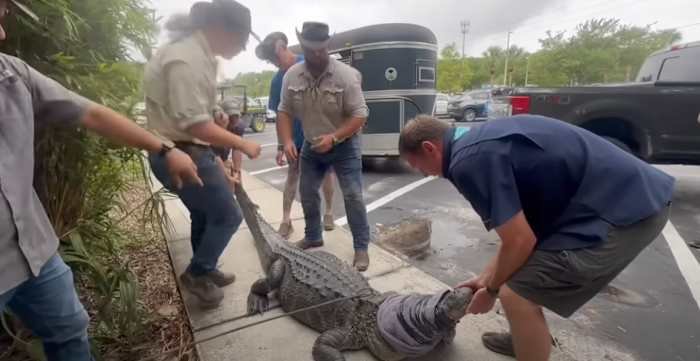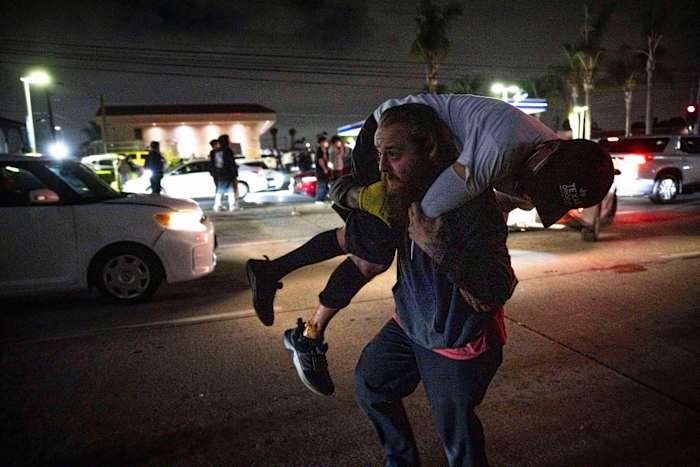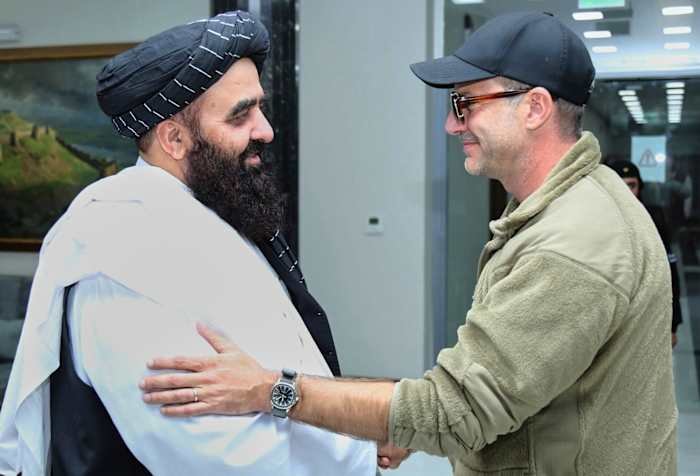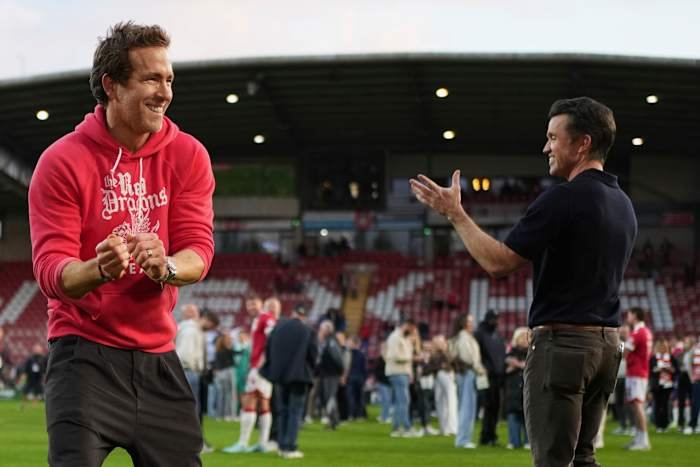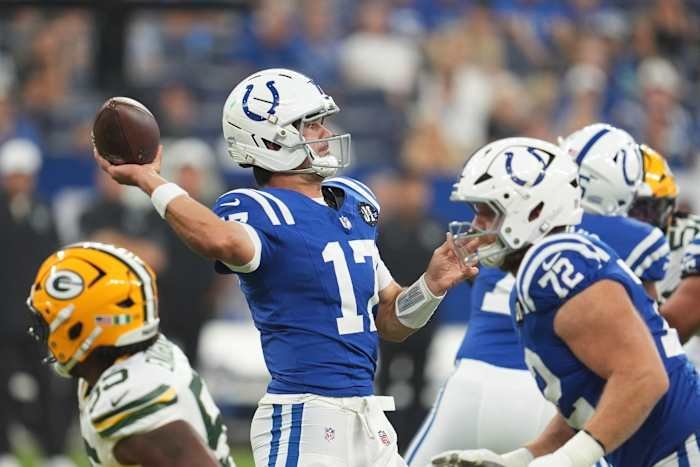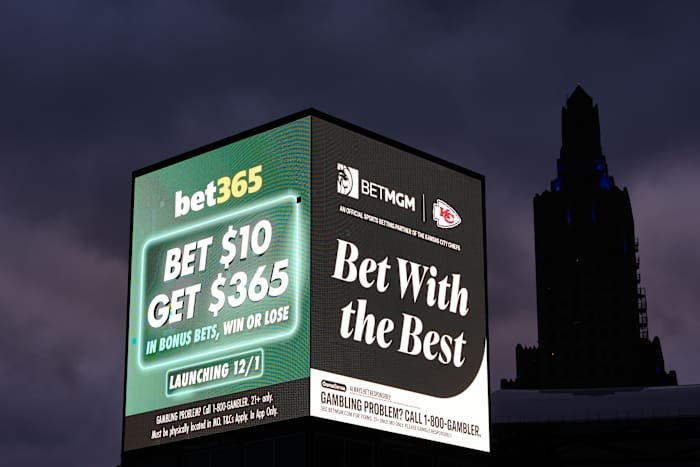Orlando, FL – Over the patriotic weekend, a remarkable rescue story unfolded that has captured the hearts of Orlando residents and wildlife enthusiasts alike. Gatorland, one of Central Florida’s most beloved attractions, proudly introduced its newest resident: Uncle Sam, a massive alligator saved from The Villages. This rescue highlights not only Gatorland’s ongoing commitment to animal welfare but also the unique challenges—and responsibilities—of coexisting with Florida’s iconic wildlife.
The Rescue of Uncle Sam: A Patriotic Weekend Tale
This past holiday weekend, while many Floridians celebrated with barbecues and fireworks, a dedicated team from Gatorland was hard at work on a different kind of patriotic mission. The call came in from The Villages, a sprawling retirement community north of Orlando, where residents had reported a large “nuisance” alligator inhabiting a local pond. Nicknamed Uncle Sam due to the timing of his rescue, the huge reptile had become a local celebrity—and concern—due to his size and proximity to people.
Gatorland’s experienced wranglers responded quickly, capturing Uncle Sam safely and humanely. The rescue was not just about removing a potential threat; it was about giving a wild animal a second chance, and educating the public about responsible wildlife interactions. The rescue operation drew local attention, with residents applauding the safe outcome and Gatorland’s professionalism.
Why Nuisance Alligators Are a Growing Concern
Florida’s alligator population is estimated at over 1.3 million, and as communities like The Villages and Orlando expand, human-alligator encounters are on the rise. A “nuisance” alligator is typically defined by the Florida Fish and Wildlife Conservation Commission (FWC) as one that is at least four feet long and poses a threat to people, pets, or property.
In the Orlando area, alligator sightings are a regular occurrence, especially during the warmer months when gators are most active. As development encroaches on natural habitats, these encounters become more frequent, making the work of organizations like Gatorland vital. Gatorland steps in to rescue and rehome alligators that might otherwise face euthanasia, turning potential conflict into conservation success stories.
Gatorland’s Role: From Rescue to Education
Known as the “Alligator Capital of the World,” Gatorland has been at the forefront of alligator rescue and conservation since 1949. The park not only provides a safe haven for rescued alligators like Uncle Sam but also serves as an educational resource for Orlando-area families and tourists.
Visitors to Gatorland can meet Uncle Sam and learn firsthand about Florida’s alligators—their habits, their importance to the ecosystem, and how to safely coexist with them. Through live demonstrations, educational talks, and interactive exhibits, Gatorland hopes to foster respect and understanding while dispelling myths that often lead to unnecessary fear or harm to these remarkable reptiles.
This mission is especially important in Orlando, where residential communities are often built near lakes, ponds, and wetlands. Gatorland’s outreach programs work with local schools and homeowner associations, providing crucial information on what to do if you spot an alligator and how to prevent negative encounters.
Uncle Sam’s New Life and What It Means for Orlando
Now settled into his spacious new habitat at Gatorland, Uncle Sam is set to become a star attraction. Weighing in at several hundred pounds and measuring over 12 feet long, he’s a true representation of Florida’s wild past and present. For Orlando locals, his story is a reminder of the delicate balance between urban growth and nature.
By welcoming rescued alligators, Gatorland not only provides a solution for “nuisance” wildlife but also helps maintain public safety and preserve Florida’s natural heritage. Uncle Sam’s journey from a suburban pond to a sanctuary underscores the importance of responsible wildlife management—a topic that resonates with anyone living in or visiting Central Florida.
For Orlando’s growing population, stories like Uncle Sam’s are a call to action. Residents are encouraged to respect wildlife, report sightings responsibly, and support local conservation efforts. Gatorland’s work ensures that both people and alligators can thrive side by side in the Sunshine State.
How You Can Help Protect Orlando’s Wildlife
If you live in the Orlando area, there are simple steps you can take to minimize conflicts with alligators:
- Never feed alligators; it’s dangerous and against the law.
- Keep a safe distance from the water’s edge in lakes and ponds.
- Supervise children and pets near any body of water.
- Report nuisance alligators to the FWC’s Nuisance Alligator Hotline at 866-FWC-GATOR.
- Support local sanctuaries and conservation organizations like Gatorland.
By following these guidelines, Orlando residents can help ensure a safer community for both people and wildlife.
Conclusion
Uncle Sam’s rescue is more than just a feel-good story—it’s a testament to Orlando’s commitment to coexistence and conservation. Thanks to Gatorland, this magnificent alligator has a new lease on life, and our community gains another opportunity to learn about and appreciate Florida’s unique wildlife.
What do

